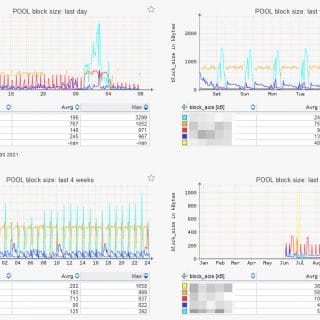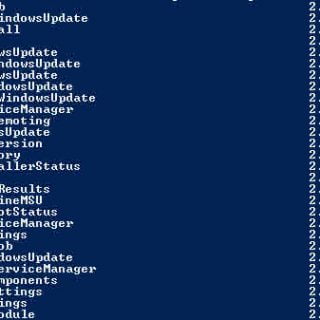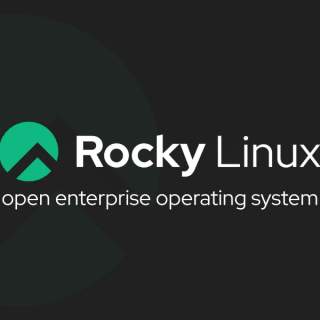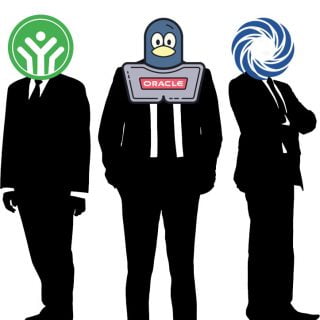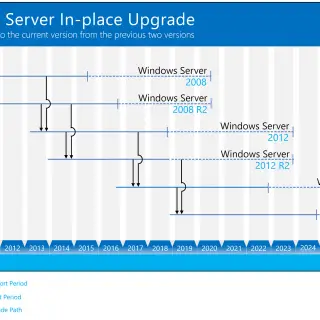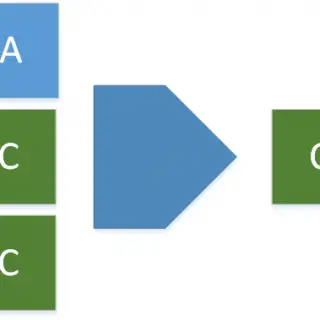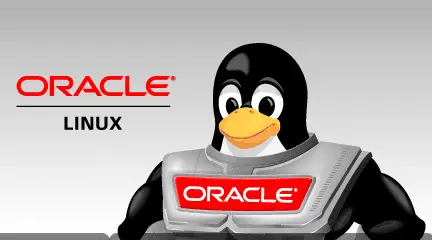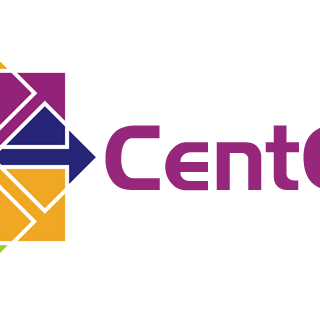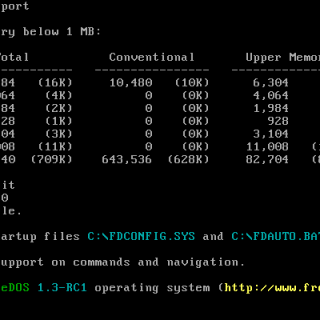Linux Update Best Practices: Focusing on Ubuntu and Oracle Linux
It’s essential to maintain and your Linux systems for dependability, performance, and security. The hazards, factors to be aware of, kernel updates, rollback methods (including those without backups), and the most recent developments in kernel live patching will all be covered in this blog article on best practices for Linux update and focusing on updating Ubuntu and Oracle Linux.


